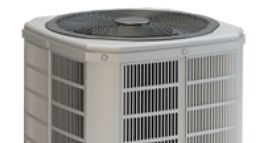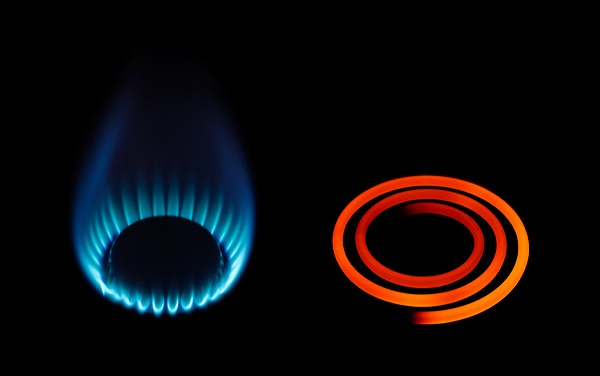Your clients may have questions about whether electric stoves or gas stoves are better. As with many home appliances, the answer will depend on your clients’ wants and needs, how the home is set up, and whether your clients are willing to make changes to convert from one kind of stove to another.
Here are a few pros and cons between electric stoves and gas stoves.
The Pros and Cons of Electric Stoves
Electric stoves are a more recent addition to kitchens, and they come equipped with unique pros and cons.
Benefits of an Electric Stove
The top benefits of an electric stove include:
- Electric heats more efficiently than gas does, meaning the kitchen will stay cooler when the stove is on.
- Electric stoves offer more consistency in temperature, which usually allows for more even cooking.
- Cleaning an electric stove is incredibly simple, since there’s one uniform surface to wipe down.
- Electric stove heat could be easier to control (though that may be a matter of opinion). This can be especially true when trying to cook at lower temperatures, like you might do when melting chocolate.
Downsides of an Electric Stove
It’s not all good news, though. There are several important cons to electric stoves:
- Newer models with advanced features often cost more than a gas range.
- Electric can also mean higher energy costs depending on the efficiency of the model.
- If the power goes out, the stove isn’t usable. This is more of a problem in areas with frequent outages.
- It’s much easier to damage an electric stove by dropping something on the surface or by accidentally scratching the surface.
Coverage your clients deserve
Add the industry-leading home service plan to your agent tool kit.

The Pros and Cons of Gas Stoves
Gas ranges have been around for years, and like electric stoves, they have their benefits and downsides.
Benefits of a Gas Stove
Most people who have a gas stove swear that gas is better for several reasons.
- With gas stoves, you get immediate heat once the flame is on.
- Gas stoves are fueled by propane or natural gas, which are generally cheaper than electricity.
- Certain cooking tasks are easier, like charring bell peppers right on the flame.
- Homeowners can get a better idea of how much heat they’re using, since they can see the flame. Many also feel the heat is easier to control.
- Gas stoves are more resilient—you can generally drop something on them without causing damage. (Ed. Note: Please refrain from dropping extremely heavy things, such as cast iron pans, on your stovetop.)
The Downsides of a Gas Stove
Of course, there are also negatives to consider with a gas stove:
- They may have negative health effects, such as exacerbating asthma.
- They’re more difficult to clean.
- Gas stoves have a higher heat output, and the rising temperature can be very obvious in a small kitchen.
- The initial smell of gas can be off-putting to some homeowners, and some will be concerned with the potential for gas-related accidents.
- Because you’ll need a certain type of piping, installation of a gas stove is often more expensive.
2-10 Can Help Protect Gas and Electric Stoves
Whether your clients choose electric stoves or gas stoves, a 2-10 Home Buyers Warranty (2-10) Home Service Plan can help your clients address expensive breakdowns. That’s in addition to outstanding HVAC coverage, exceptional money-saving programs, and high-quality customer service that 2-10 Members enjoy every day.
Give your clients the coverage they deserve and protect your transactions and reputation with help from 2-10.







